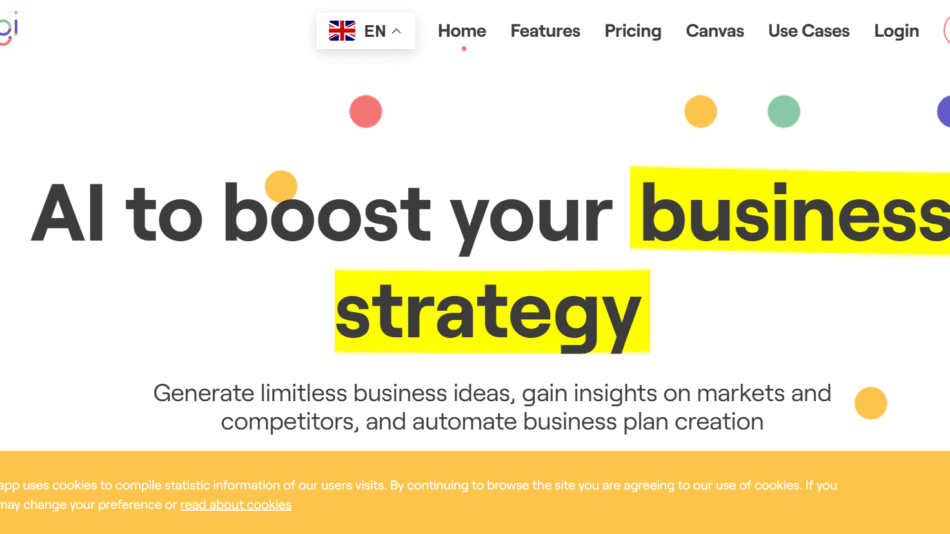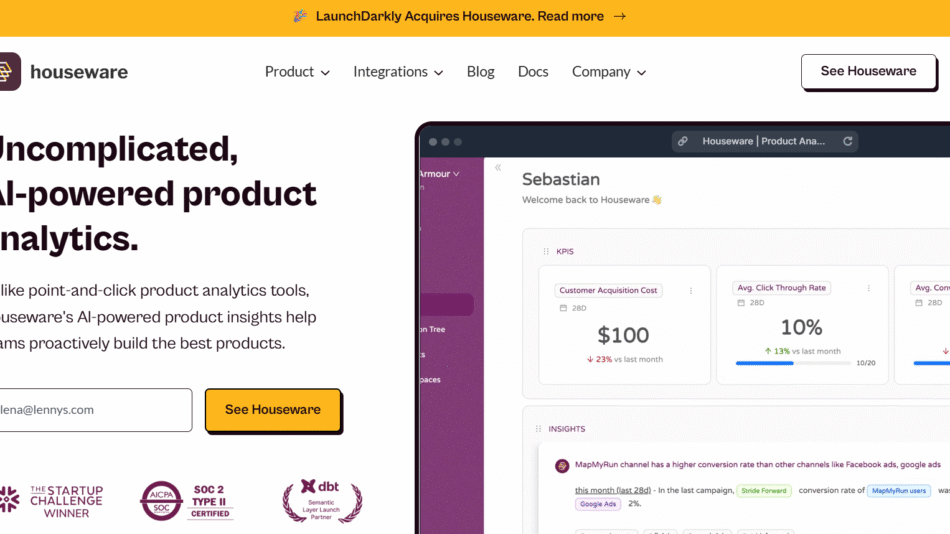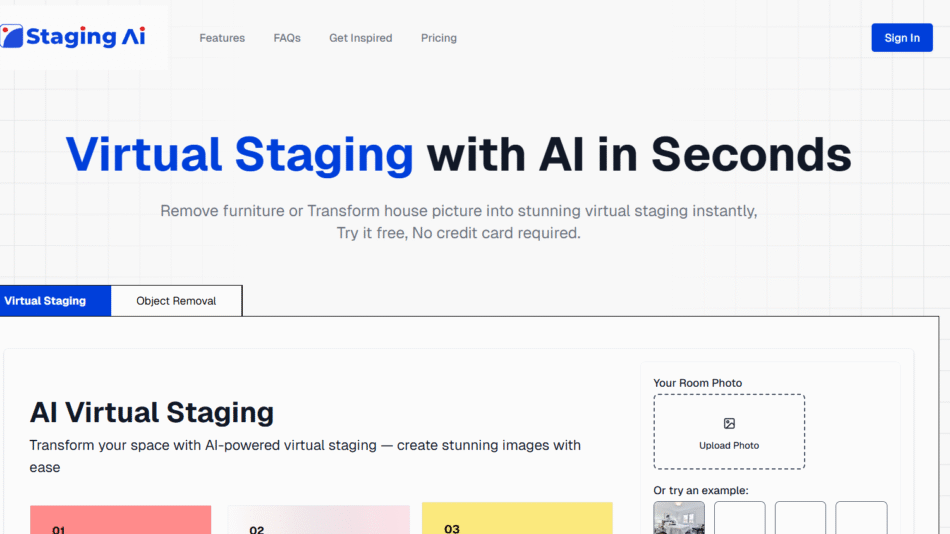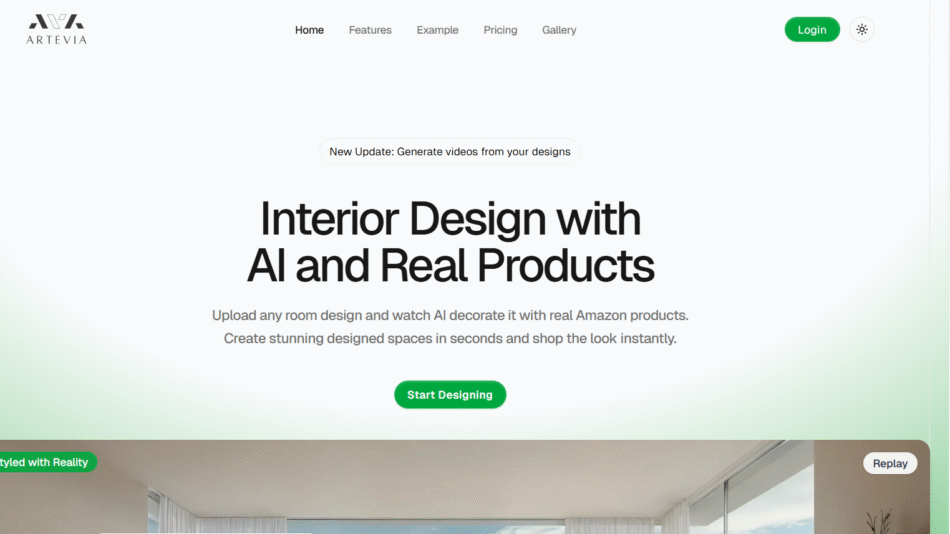DeepMind is a leading artificial intelligence research lab owned by Alphabet (Google’s parent company) and renowned for pushing the boundaries of what AI can do. With a mission to “solve intelligence to advance science and benefit humanity,” DeepMind combines cutting-edge machine learning with neuroscience and engineering to solve complex problems that were once thought unsolvable by machines.
Founded in 2010 and acquired by Google in 2014, DeepMind has played a pivotal role in both academic AI research and applied innovation. Its contributions have shaped fields like reinforcement learning, protein folding, robotics, and sustainable computing. DeepMind is best known for AlphaGo, the first AI to defeat a world champion in the ancient game of Go, and AlphaFold, which revolutionized biology by solving the decades-old protein folding problem.
Features
DeepMind’s platform is not a traditional SaaS product, but its ecosystem includes transformative AI models, research tools, and real-world applications across science, healthcare, and energy. Key areas include:
Advanced AI models: Development of general-purpose models like AlphaFold, AlphaZero, Gato, and Gemini (via Google DeepMind collaboration).
Scientific research tools: AI systems to accelerate discovery in structural biology, quantum chemistry, and materials science.
Reinforcement learning frameworks: Pioneering deep reinforcement learning architectures that learn through trial and error, now used across robotics and simulation.
Healthcare collaborations: AI tools developed with partners like the NHS and Isomorphic Labs to improve diagnostics and scientific discovery.
Sustainable AI systems: Innovations that reduce data center energy use and optimize computational efficiency.
Open science contributions: Published over 1500 peer-reviewed papers and released tools such as the AlphaFold Protein Structure Database.
Ethics and safety: A dedicated team focused on ensuring that AI development is ethical, fair, and beneficial to society.
How It Works
DeepMind operates primarily as a research organization within Alphabet, and its work centers on the development of general-purpose AI systems. These systems often start as research prototypes that are tested in controlled environments, such as simulations or competitive games.
For example, DeepMind’s AlphaGo used deep neural networks and Monte Carlo Tree Search to master the game of Go. AlphaZero generalized that approach to learn multiple games like chess and shogi purely through self-play, without human data.
In biology, AlphaFold leveraged transformer-based architectures (similar to those used in language models) to predict protein structures with near-experimental accuracy, which dramatically accelerated biological research.
All DeepMind models are built on foundational machine learning principles, but the lab’s innovations come from how it applies those principles to new domains. The focus is on systems that learn, reason, and adapt—across a range of scientific, social, and industrial challenges.
Use Cases
While DeepMind itself is not a consumer-facing tool, its research and innovations have had real-world impact across multiple sectors:
Healthcare and life sciences: AlphaFold has been used by biologists worldwide to understand diseases, design drugs, and conduct molecular research.
Climate and energy: DeepMind’s AI has been used to improve the energy efficiency of Google’s data centers, reducing cooling energy by up to 40%.
Gaming and simulation: AlphaZero and other reinforcement learning agents have demonstrated superhuman performance in Go, chess, and StarCraft II.
Robotics: DeepMind has developed agents capable of controlling robotic limbs in real-time, learning complex physical tasks through reinforcement learning.
Scientific computing: AI models that accelerate discovery in quantum physics, weather forecasting, and mathematics.
Pricing
DeepMind does not operate as a commercial product or service provider with pricing tiers. Instead, it functions as a research lab under Alphabet and partners with institutions, governments, and nonprofits to deliver impact-driven AI solutions.
Some of its research outputs, such as the AlphaFold Protein Structure Database, are publicly available and free to use. Others, like Gemini (Google’s multimodal AI model developed by Google DeepMind), are integrated into Google products and available through Google Cloud or consumer services.
Strengths
Pioneered several AI breakthroughs including AlphaGo and AlphaFold.
Multidisciplinary approach combining neuroscience, biology, and computer science.
Backed by Alphabet, ensuring access to top-tier infrastructure and talent.
Focused on real-world impact through science, healthcare, and sustainability.
Open science philosophy with hundreds of peer-reviewed papers and open-source tools.
Commitment to AI safety, fairness, and long-term benefit to humanity.
Drawbacks
Not accessible as a commercial tool or SaaS product.
Limited direct interaction unless through partnerships or research collaboration.
Long development cycles typical of high-impact scientific research.
Some research outputs are theoretical or remain in experimental phases for years.
Dependent on Alphabet’s strategic direction and corporate priorities.
Comparison with Other Tools
DeepMind differs fundamentally from other AI platforms such as OpenAI, Anthropic, or Cohere. While OpenAI provides API-accessible language models like ChatGPT, DeepMind focuses on long-term, research-driven innovation that powers breakthroughs in science, health, and computing.
Unlike cloud-based ML tools such as Google Cloud AI or AWS SageMaker, DeepMind does not offer infrastructure services or developer tools. Instead, its contributions are integrated into Google products (e.g., Gemini AI in Google Workspace or Bard) or released through collaborations with public research entities.
Its closest peers are institutions like MIT CSAIL, the Allen Institute for AI, and Meta AI Research—though DeepMind often leads in publishing world-firsts in AI-driven science.
Customer Reviews and Testimonials
Because DeepMind is a research lab and not a commercial SaaS product, traditional customer reviews do not apply. However, its work has received widespread acclaim from the scientific and AI communities.
For example, Nature described AlphaFold as a “revolutionary advance in life sciences.” The AlphaFold Protein Structure Database is now used by thousands of researchers globally to accelerate research into disease, protein function, and drug discovery.
Leading academic and medical institutions, including the European Molecular Biology Laboratory (EMBL-EBI), have partnered with DeepMind to expand the availability and impact of its research.
Conclusion
DeepMind is not just another AI lab—it is a frontier institution pushing the limits of what artificial intelligence can do for science, society, and humanity. From defeating world champions in Go to solving the protein folding problem, DeepMind has consistently delivered breakthroughs that shift how we understand and apply AI.
While it doesn’t offer a commercial product for public use, its influence is visible across healthcare, sustainability, robotics, and the future of scientific discovery. With a strong focus on ethical AI, open science, and long-term impact, DeepMind is positioned as one of the most important contributors to the future of intelligence.















